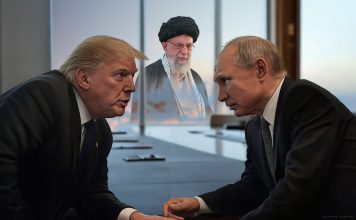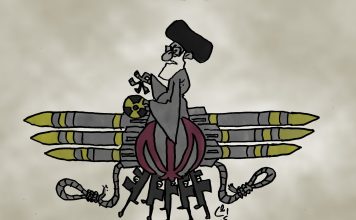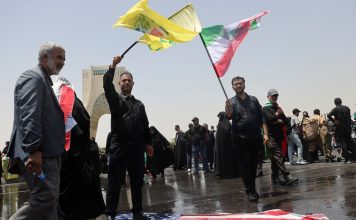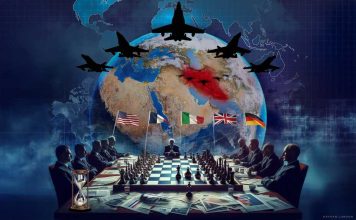An explosion in Beirut’s port on Tuesday, has left at least 145 people dead and more than 4,000 injured. Lebanese officials have blamed the blast on a warehouse filled with highly explosive materials which had been stored for years in unsafe conditions.
The explosion devastated buildings and roads in the city, which is still reeling from an economic crisis and a growing number of COVID-19 cases.
The blast also placed Iran-backed Hezbollah in the spotlight after the Jerusalem Post reported that the militia group routinely used the port to unload weapons it received from Iran.
Brian Hook, the U.S. special envoy to Iran stepped down from his position, in a surprise departure. No reason was given for the change. Hook’s exit comes during the Trump Administration’s lobbying of the United Nations to extend an arms embargo on the Islamic Republic.
Hook’s replacement, Elliott Abrams, will also stay on as U.S. special representative for Venezuela. Washington has been keeping a close watch on Venezuela, over concerns about a growing alliance between the South American country and Iran.
Strikes broke out inside Iran’s oil industry as employees protested poor working conditions and unpaid wages. The oil sector is critical for Iran.
The demonstrations began on July 31, and follow on from a series of protests by laborers inside the country who are calling for the recognition of independent unions, the release of labor leaders who engaged in peaceful protests and an end to child labor and the exploitation of migrant workers.
A labor fact sheet produced by the Center for Human Rights in Iran (CHRI), found that workers in Iran faced widespread rights violations and discriminatory practices.
And another fire broke out in Iran, following a spate of fires and explosions in the country, several of which have taken place near sensitive military sites. The latest fire, which broke out on Tuesday in an industrial area near Tehran, did not cause any casualties, according to Iran’s state TV.







